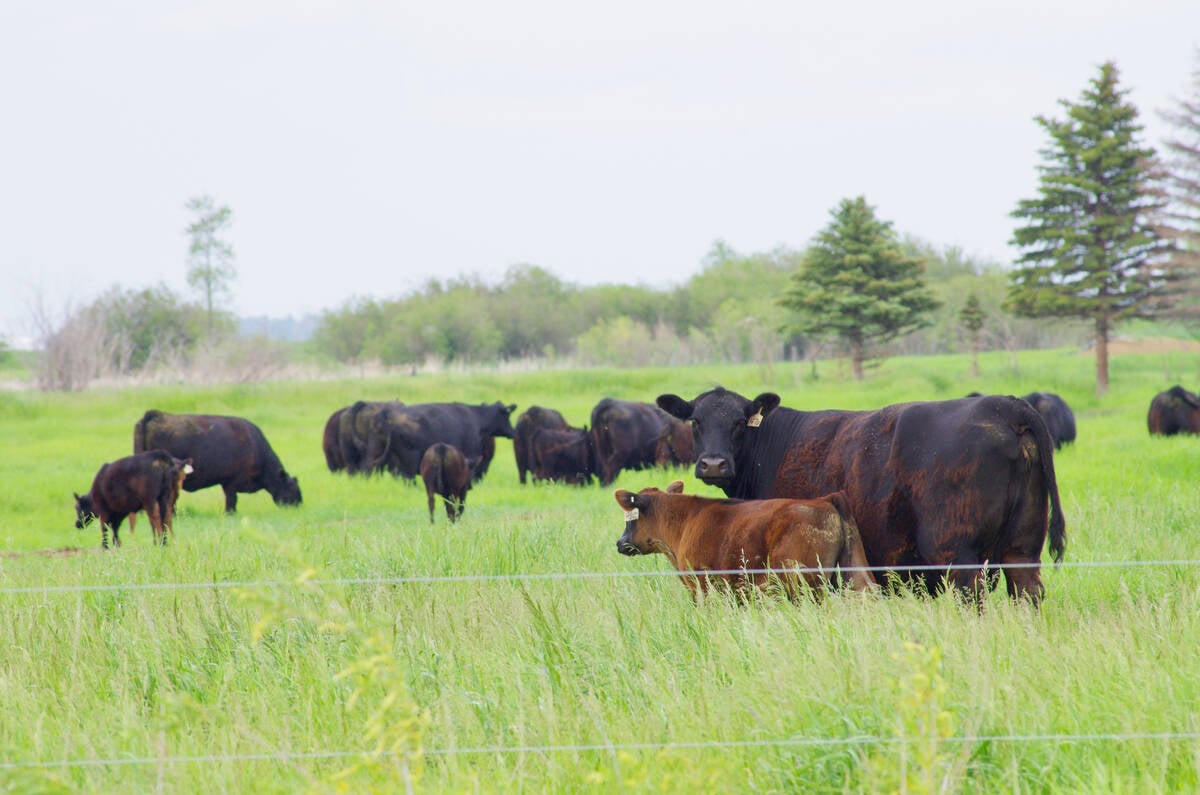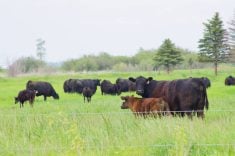Canadian beef producers had hoped that frustrations over foreign restrictions on Canadian beef would be long over by now.
Arno Doerksen told people attending the Alberta Beef Producers recent annual meeting in Calgary that the world animal health organization granted Canada minimal risk status for BSE in May, which made Canada eligible to export beef products worldwide. Yet the trade is not returning to normal, he said.
Many countries continue to ban or partially ban Canadian beef due to BSE discoveries in Canada.
About 85 markets are open, but many take only small amounts. Canada remains shut out of the higher value markets like South Korea, said Doerksen, chair of the Canada Beef Export Federation.
Read Also

Tick research from the University of Manitoba focuses on insects and testing
Manitoba researchers are looking into the effects of tick and fly disease in cattle.
Japan accepts beef only from cattle younger than 21 months. Officials in Canada and the United States hope to soon convince Japan to raise the age restriction to accept beef from animals younger than 30 months.
Ten plants are approved to export to Japan but with few age verified cattle available, shipments are slow.
Hong Kong and Macau accept Canadian beef and in 2006 accepted 15,000 tonnes. Mexico bought 40,000 tonnes from Canada last year and expected to take 50,000 tonnes by the end of 2007.
The number of products shipped to Mexico should increase now that Americans have implemented new rules for Canadian imports, which allow beef from cattle of any age and live animals born after 1999.
But producers continue to be frustrated and resolutions calling for BSE testing on beef bound for export provide evidence of that.
The resolution was defeated again this year.
“We have never officially been asked by any country to BSE test to open a market,” said Kevin Boon of Tomahawk, Alta.
If packers started BSE testing now, the work to convince buyers to purchase on the basis of scientific evidence would be undermined, he said.
“We have spent the last four years proving to the world that BSE is an animal health issue, not a food safety issue. We have been successful.”

















